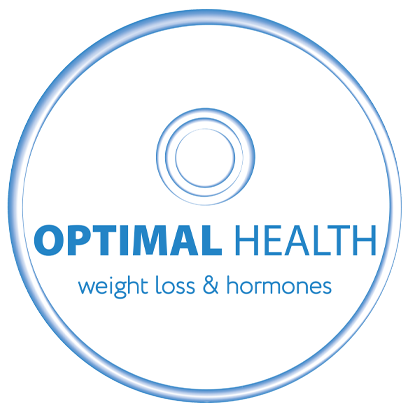As men age, their bodies undergo various changes, one of the most significant being a decrease in testosterone levels. At Optimal Health NV, we understand the impact this can have on overall health and well-being, and we’re here to provide insights and solutions for managing this natural process.

The Role of Testosterone
Testosterone is a crucial hormone in the male body, responsible for regulating a variety of functions, including:
- Muscle mass and strength
- Bone density
- Red blood cell production
- Fat distribution
- Sex drive and sperm production
- Mood and energy levels
Age-Related Decline in Testosterone
Testosterone levels typically peak during adolescence and early adulthood. However, starting around the age of 30, testosterone levels in men begin to gradually decline at an average rate of about 1% per year. By the time men reach their 50s and 60s, they may experience more noticeable symptoms of low testosterone.
Symptoms of Low Testosterone
The decline in testosterone levels can manifest in various ways, impacting both physical and mental health. Common symptoms include:
- Reduced muscle mass and strength
- Increased body fat
- Decreased bone density, leading to a higher risk of fractures
- Low libido and erectile dysfunction
- Fatigue and decreased energy levels
- Mood changes, such as increased irritability or depression
- Cognitive difficulties, including problems with concentration and memory
Causes of Declining Testosterone with Age
Several factors contribute to the natural decline of testosterone as men age:
- Hypogonadism: This condition occurs when the testes produce insufficient testosterone. It can be due to aging itself or other medical conditions affecting the testes or pituitary gland.
- Lifestyle Factors: Poor diet, lack of exercise, smoking, and excessive alcohol consumption can accelerate the decline in testosterone levels.
- Chronic Health Conditions: Diseases such as obesity, diabetes, and hypertension are associated with lower testosterone levels.
- Medications: Certain medications, including opioids and glucocorticoids, can interfere with testosterone production.
Managing Low Testosterone
While the decline in testosterone is a natural part of aging, there are ways to manage its effects and maintain a healthy, active lifestyle. At Optimal Health NV, we offer various treatment options tailored to individual needs, including:
- Testosterone Replacement Therapy (TRT): TRT can help restore testosterone levels to a more youthful state, alleviating many of the symptoms associated with low testosterone. Our team carefully monitors treatment to ensure safety and effectiveness.
- Lifestyle Modifications: Adopting a healthy diet, engaging in regular physical activity, quitting smoking, and reducing alcohol intake can positively impact testosterone levels and overall health.
- Management of Chronic Conditions: Proper management of conditions like obesity, diabetes, and hypertension can help improve testosterone levels and reduce related symptoms.
Personalized Care at Optimal Health NV
At Optimal Health NV, we are dedicated to helping men navigate the challenges of aging and low testosterone. Our comprehensive approach includes thorough evaluations, personalized treatment plans, and ongoing support to ensure optimal health and well-being.
If you are experiencing symptoms of low testosterone or have concerns about aging and hormonal health, contact us today at 702-350-1673 or visit our website at optimalhealthnv.com. Our expert team is here to help you achieve a healthier, more vibrant life.
For more information or to schedule a consultation, please reach out to Optimal Health NV. Let us help you take the first step towards better health and wellness.
